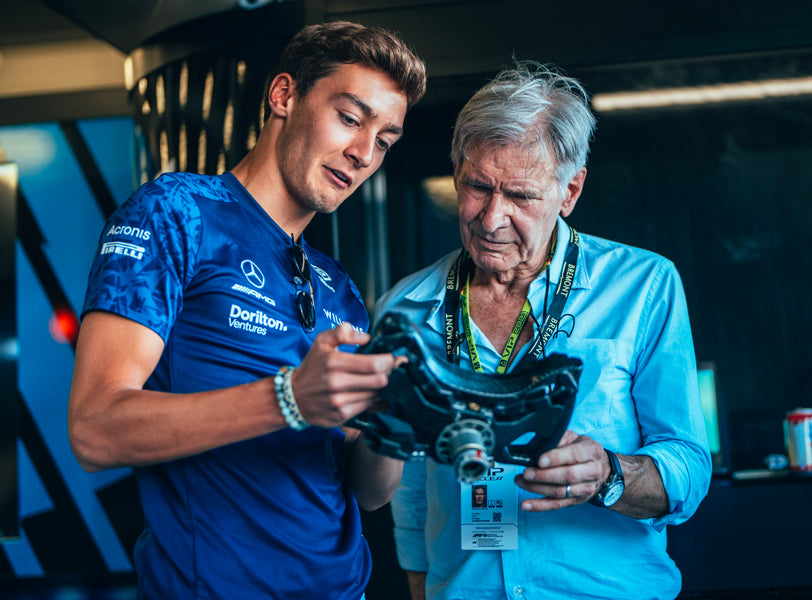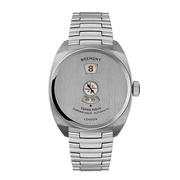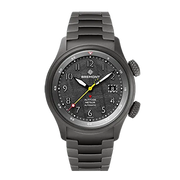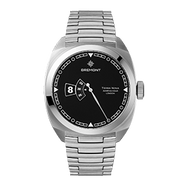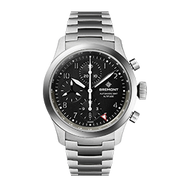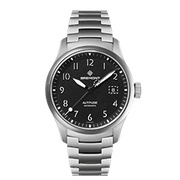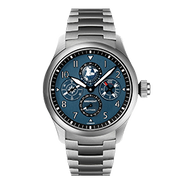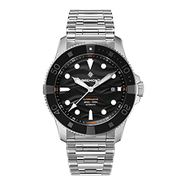our technology
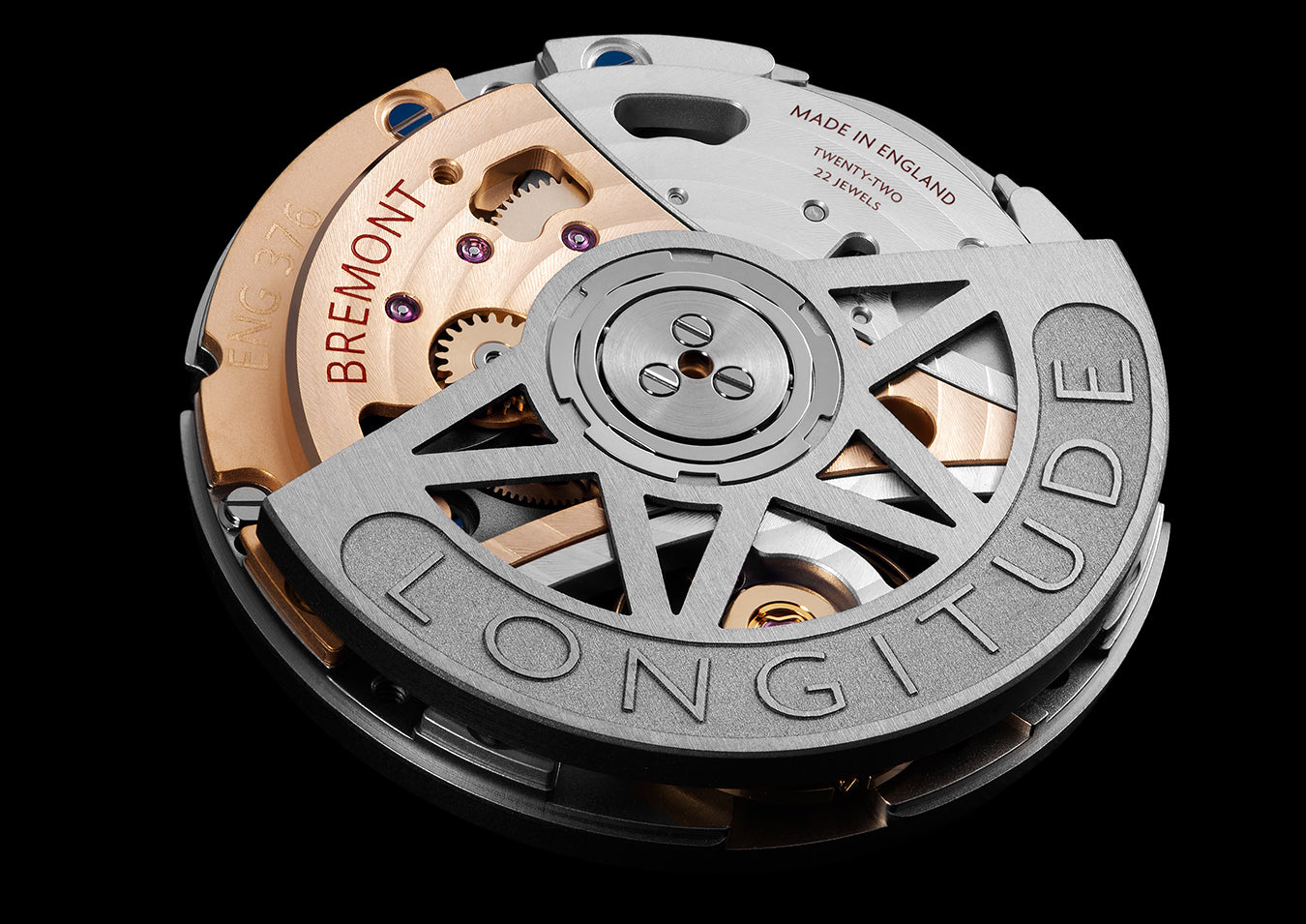
A MOMENTOUS STEP FOR BRITISH WATCHMAKING:
BREMONT LAUNCHES ITS FIRST MOVEMENT SERIES TO BE MANUFACTURED IN THE UK
In 2021 Bremont released its own ENG300 movement series marking a significant milestone for both the brand and British watchmaking as a whole. A new manufacturing line for machining base components and T0 assembly has been realised at the Bremont Manufacturing & Technology Centre “The Wing” based in Henley-on-Thames, UK. Bremont has made considerable investment into new machinery, staff and training and the firm’s in-house technical team has re-engineered 80% of the base calibre, including making a number of design improvements, in order to build a proprietary movement to the brand’s unique specification. The ENG300 signals the first time in 50 years that mechanical movements have been built at scale on British shores.
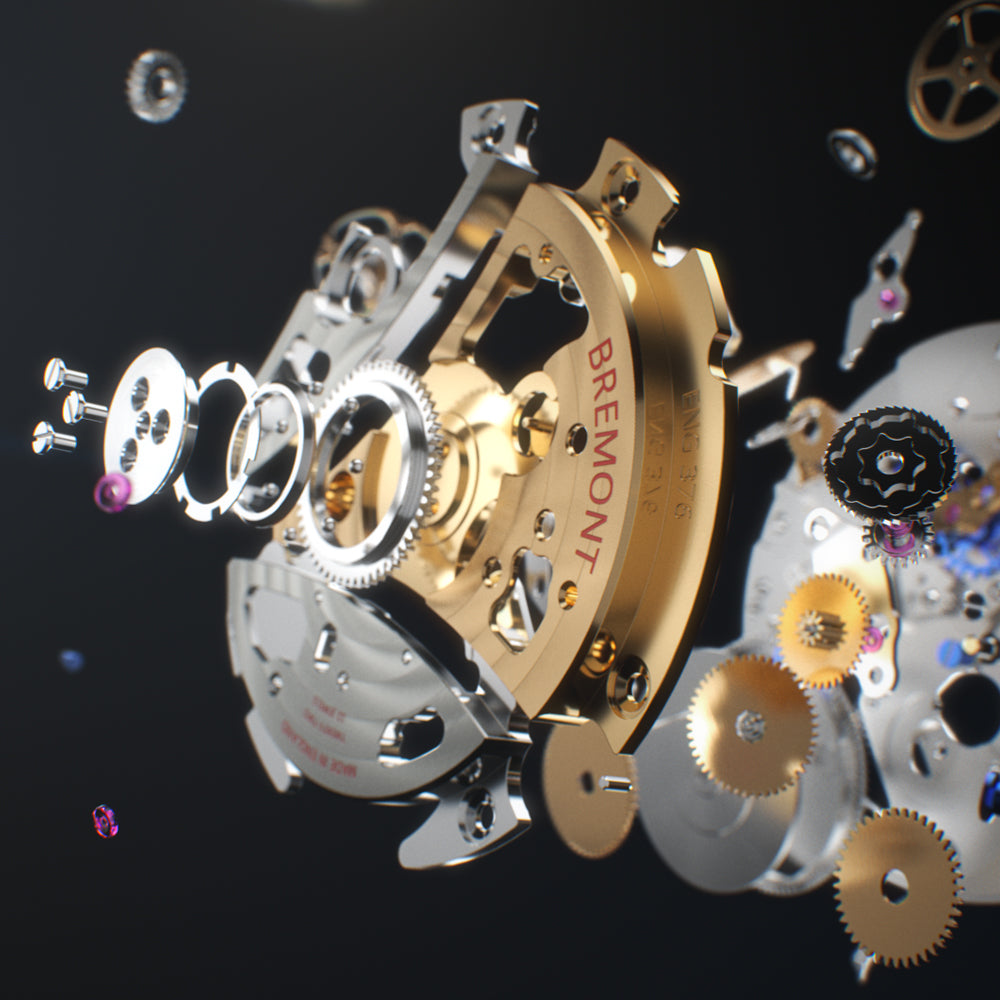
The 22 jewelled ENG376 movement boasts an enviable technical specification. With a depth of 4.95mm and diameter of 25.6mm, the ENG376 features a 65-hour power reserve, a silicon escapement, a custom balance bridge designed to reflect the architecture of Bremont’s state-of-the-art headquarters at The Wing, the home of British watchmaking, and the automatic movement is powered by a full tungsten rotor. Renowned for beautifully made, yet robust and shock-proof timepieces, Bremont sought to make improvements wherever there was an opportunity to enhance the toughness of the base calibre. One notable improvement was choosing to utilise a full balance bridge, which supports the balance wheel assembly. To fine tune the movement’s accuracy, traditional adjustment screws are used on the free sprung balance wheel, a more difficult method of rate adjustment, but also more precise, and links back to early marine chronometry. Further design changes include revisions to the escapement, the automatic winding bridge jewels and a modified wheel bridge amongst others.
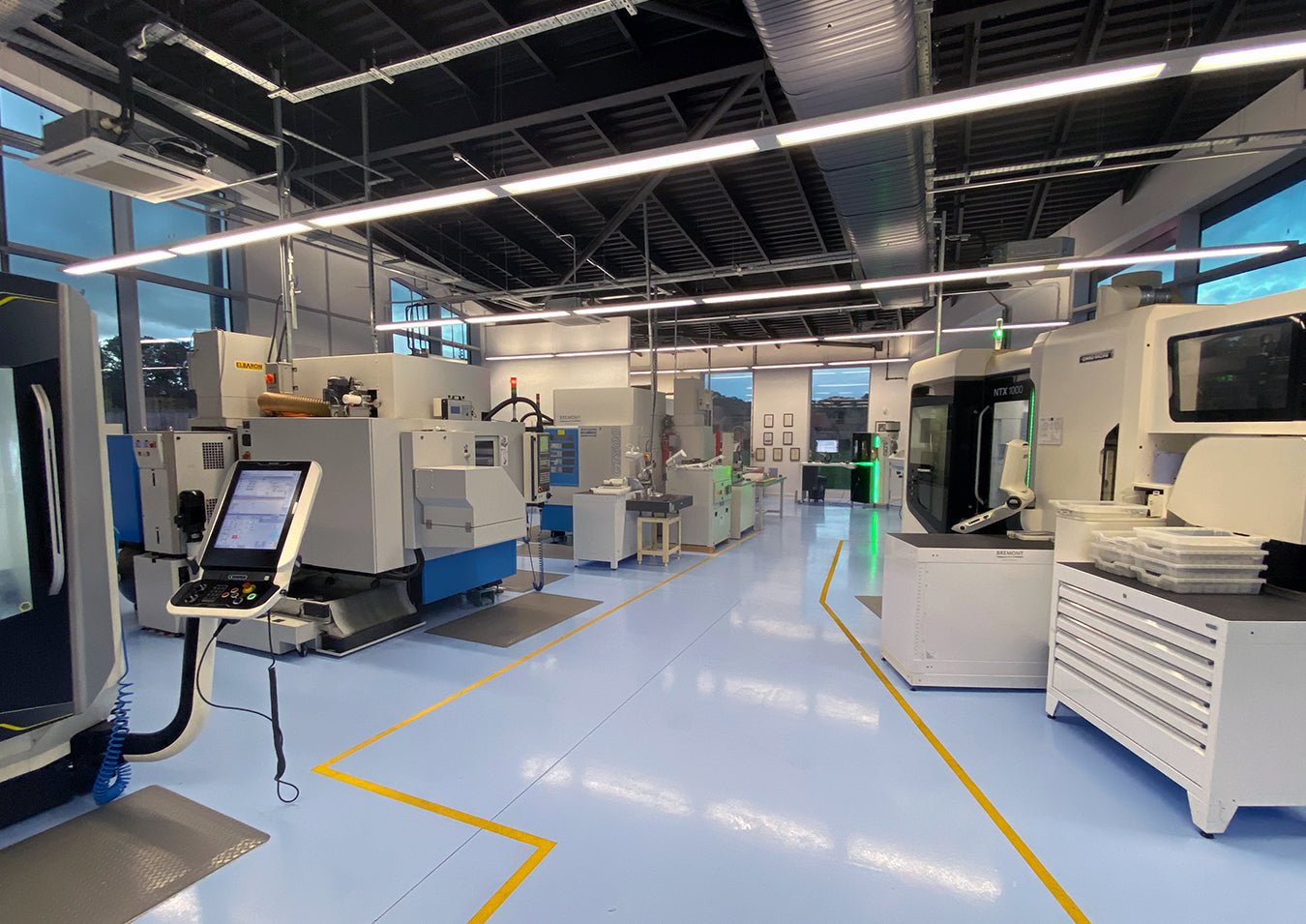
From 2022 onwards the ENG300 series will be certified to a
chronometer standard in-house using the new Bremont H1 Timing Standard, directly comparable to the ISO3159:2009 Chronometer test.
Additionally, Bremont will be testing the ENG300 series fully
complete with the rotor in place, in the same facility where the watches are built. Testing the movement with the final and finished rotor attached simply reduces any potential for variance in performance associated with detaching and reattaching the rotor post-test. The Bremont H1 Timing Standard not only nods to Bremont’s home in Henley-on-Thames but is also named in homage to Harrison’s first ‘H1’ marine timekeeper that famously sought to solve the problem of measuring longitude out at sea. Historically one of the most prominent observatories for watch testing was the Kew Observatory in England; reinvigorating a British chronometer test is something Bremont has long since been building up to.
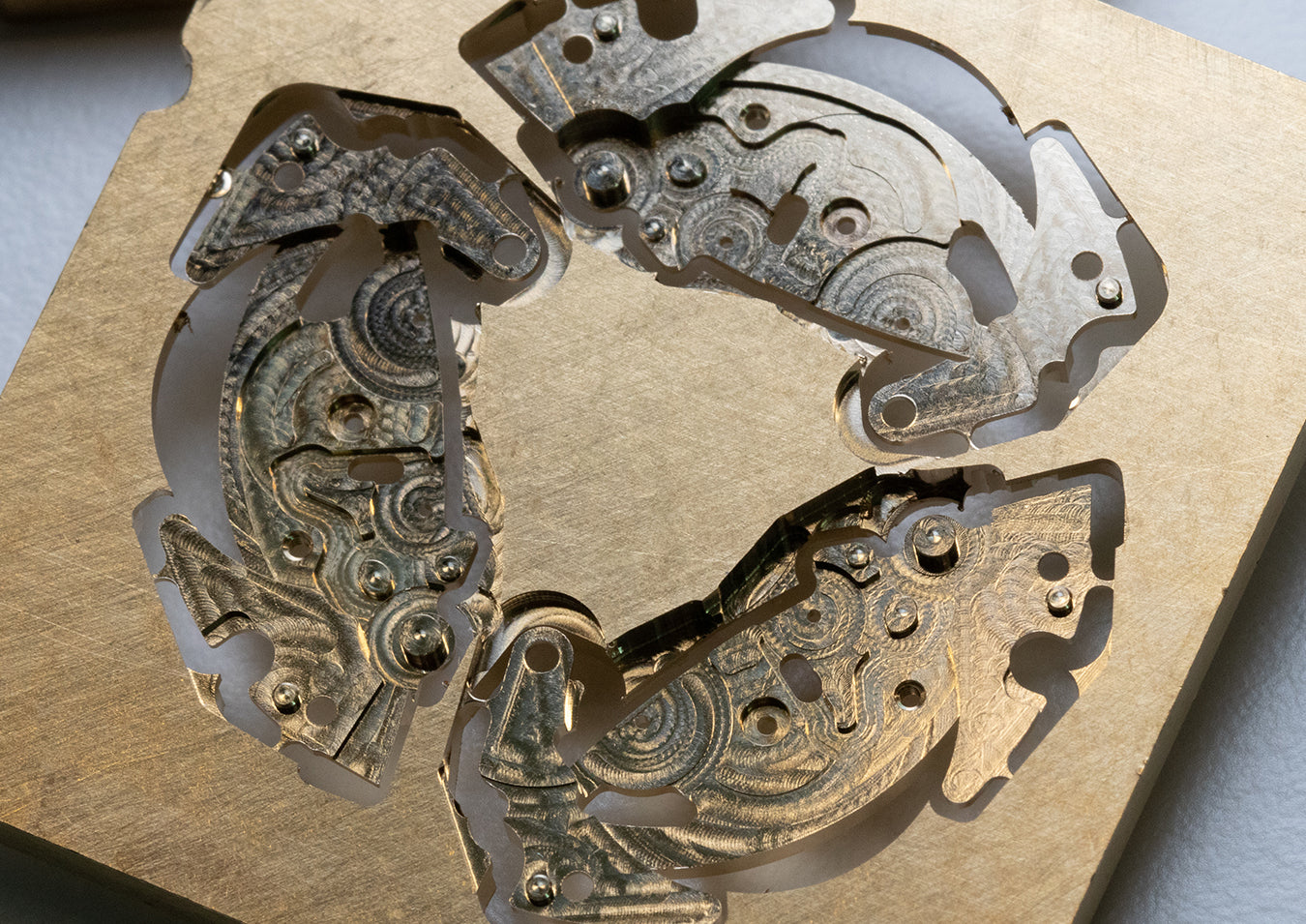
A significant amount of expertise, logic and intellectual property has been transferred to Bremont, together with all relevant design rights especially in relation to parts machining and finishing, tool design and fixtures, and the movement assembly line. Not only will movement parts, such as main-plates, automatic and balance bridges be manufactured and sub-assembled at Bremont’s Manufacturing & Technology Centre, but the movement will be fully assembled (down to jewel setting and regulation) at the new facility too. This represents an incredible leap forward for British watchmaking and this weighty progression marks the first time any UK movement manufacturing at scale has been done in 50 years, since Smiths in 1971.
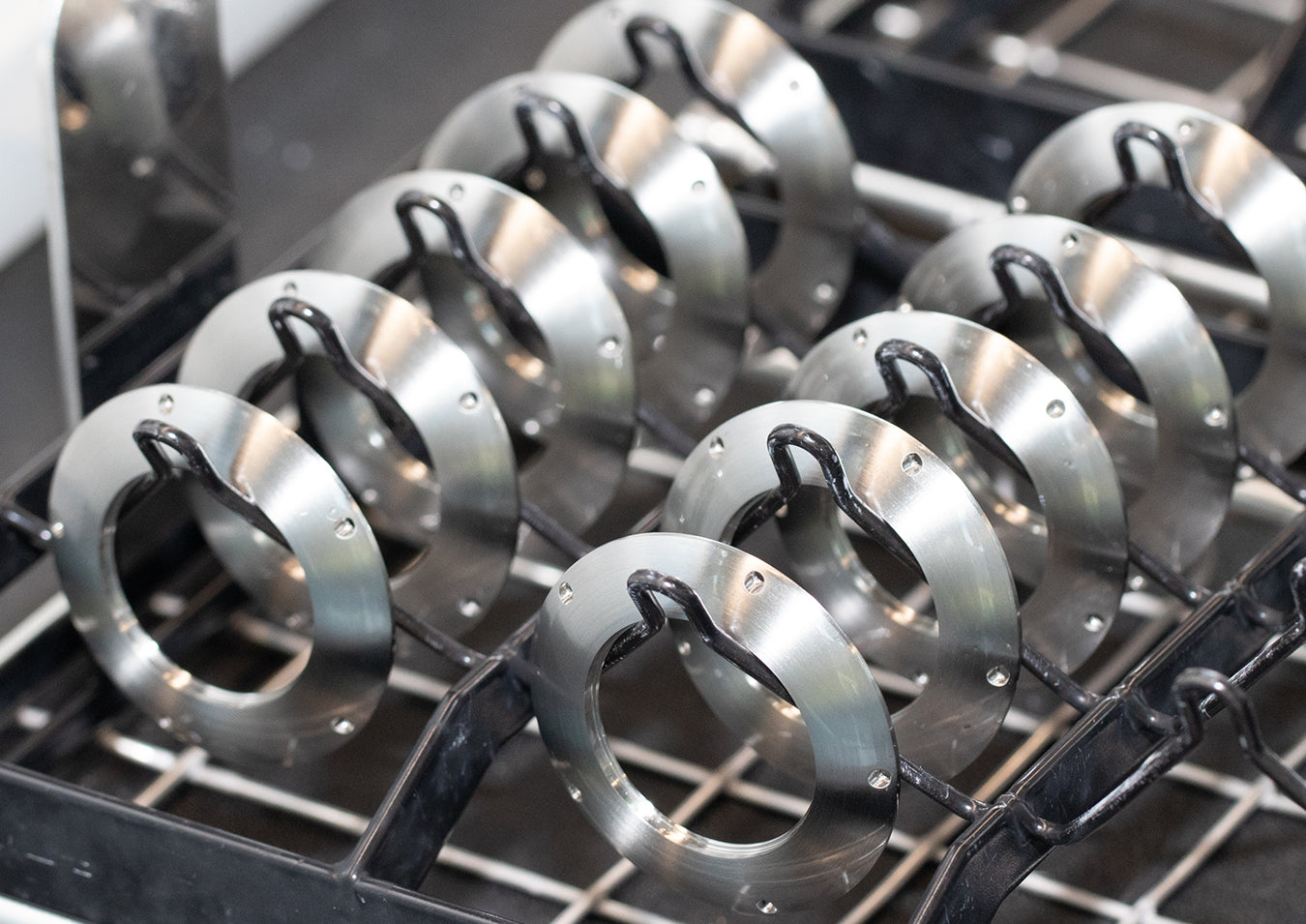
Bremont has spent many years working on movement design and engineering including most notably developing new IP in the UK with highly acclaimed movement designer Stephen McDonnell, a project which continues to be progressed for a high complication.
It has always been Bremont’s ambition to bring the art of industrial high-end watchmaking back to British shores. In the 1800s, close to half of the world’s clocks and pocket watches were made in this country, as was so much of the horological design and innovation that went into them, and many other timepieces built around the world.

